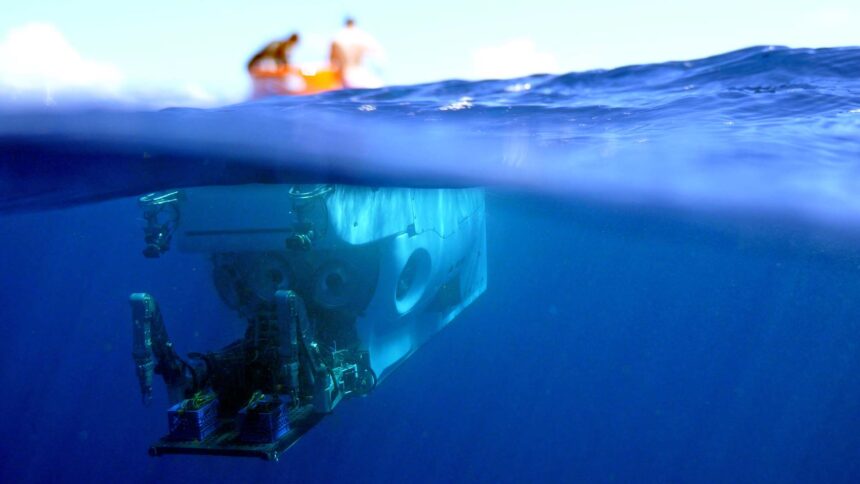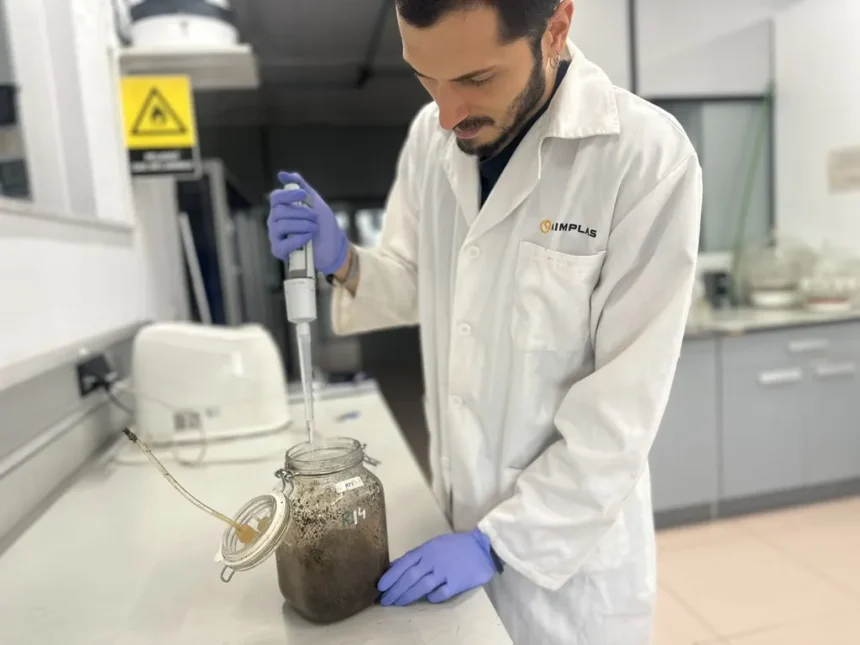A team of researchers from the Woods Hole Oceanographic Institution (WHOI) has discovered a groundbreaking bioplastic that degrades significantly faster in seawater than traditional plastics. This finding has the potential to transform the fight against plastic pollution in our oceans, provided there is a shift from conventional plastics to these biodegradable alternatives.
The new bioplastics are primarily made from cellulose diacetate (CDA), a material derived from wood pulp. The researchers found that incorporating small pores or foaming into the material can enhance its biodegradability by up to 15 times.
Collin Ward, senior author of the study, expressed enthusiasm about the findings, emphasizing their practical implications. “What excites me most about this study is its translational nature,” he stated. “Years of research have focused on understanding how CDA breaks down in the ocean. We’ve taken that foundational knowledge and applied it to design a new material that not only meets consumer demands but also degrades faster in the ocean than any other known plastic, including paper. This is a significant success in a field that often highlights the problems of plastic pollution rather than working towards solutions.”
Lead author Bryan James added that the study utilized continuous flowing seawater tanks to simulate the dynamic conditions of the ocean. “By replicating the ocean environment, we were able to replenish microbes and nutrients, making our experiments more environmentally realistic,” he explained. He also highlighted that the use of foams can enhance material efficiency, maximizing functionality while minimizing the amount of material used, ultimately reducing costs and environmental impact. When crafted from biodegradable plastics, these foams represent a less persistent option in materials.
This research marks a promising step forward in biodegradable technology and offers hope in addressing the urgent issue of plastic pollution in marine ecosystems.













